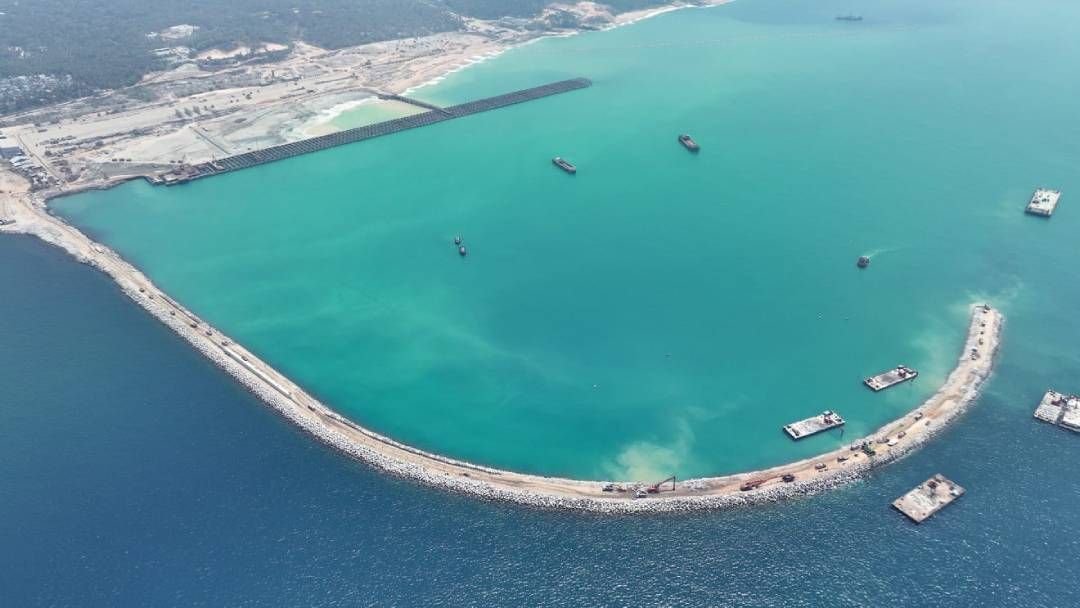A remarkable shift from traditional livelihoods, nearly 280 members of the local fishing community have transitioned to vital roles within the Vizhinjam International Seaport, operated by Adani Ports. This transformation is not merely an employment opportunity; it embodies resilience and adaptability, as local fishermen like Maria Abraham now find themselves playing crucial roles in maritime operations, including mooring large container ships.
A few years ago, Abraham would venture into the sea in small fishing boats. Today, he is part of a skilled team responsible for mooring ships at a new transshipment facility set to launch in December. “I completed a month-long training in Kochi, which included hands-on experience at the port. Working here is manageable due to my familiarity with the sea, and it feels rewarding to have a fulfilling job in my hometown,” he shared. The state ports minister reported that 56% of the workforce comes from the local community, resulting in 511 employees and strengthening both livelihoods and community cohesion.
During a recent trial period, the team successfully moored 29 ships, showcasing their expertise in crucial port operations. The successful execution of mooring requires careful coordination, often involving 7 to 12 personnel based on the vessel size. This not only underscores the locals’ adaptability but also their deep-rooted knowledge of the sea. The introduction of the Additional Skilling Acquisition Programme (ASAP) reflects a long-term commitment to community employment by equipping locals with essential maritime skills, enhancing their employability in the shipping sector. Recent training of 17 truck operators and 24 support staff indicates a promising future for local employment in maritime jobs. Additionally, local companies are recognizing the port’s potential; the managing director of Waterline Shipping and Logistics Pvt Ltd noted their team’s success in mooring all arriving ships, highlighting growing confidence in the port’s capabilities. The recent arrival of the feeder ship Asterios from Singapore, carrying 790 containers for Oman, underscores the port’s regional significance.
As the Vizhinjam port evolves, the implications extend beyond mere economic statistics; they resonate deeply within the community. For many, this opportunity represents a chance to forge a sustainable future while maintaining their maritime heritage. The local fishing community is no longer confined to the sea but has embraced new roles that promise stability and growth, demonstrating an inspiring narrative of adaptation and resilience.


